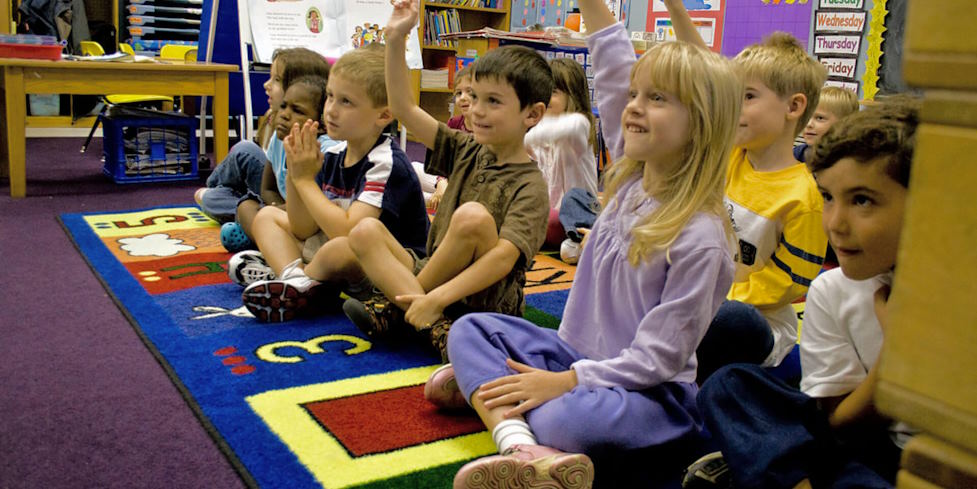
Kindergarten, often seen as the first step in a child’s formal education journey, is a significant milestone in many societies. However, the question arises: is kindergarten attendance mandatory for children? The answer varies depending on the region and educational policies in place. Let’s delve into the factors surrounding kindergarten attendance and its implications for children and families.
Understanding Kindergarten
Kindergarten is an early childhood education program that prepares children for elementary school by providing a structured learning environment. It fosters social, emotional, and academic skills crucial for future educational success. While kindergarten is widely available in many countries, its attendance requirements differ across regions.
Mandatory vs. Voluntary Attendance
In some countries, kindergarten attendance is mandatory, meaning that children are legally required to enroll in and attend kindergarten for a specified duration. This mandate is often part of the national education system’s compulsory schooling laws, which aim to ensure that all children receive a minimum level of education.
Conversely, in other regions, kindergarten attendance is voluntary, giving parents the freedom to decide whether or not to send their child to kindergarten. While encouraged for its numerous benefits, such as socialization, academic readiness, and developmental growth, kindergarten attendance remains optional in these areas.

Benefits of Kindergarten Attendance
Whether attendance is mandatory or voluntary, kindergarten offers a host of benefits for children’s development. It provides opportunities for social interaction, hands-on learning experiences, and exposure to foundational academic concepts. Moreover, kindergarten fosters independence, resilience, and a love for learning, setting children toward educational achievement and personal growth.
Considerations for Parents
When deciding whether to send their child to kindergarten, parents must consider various factors, including their child’s readiness for school, family dynamics, and educational philosophies. While kindergarten attendance can be beneficial, it is not the sole determinant of a child’s academic success or well-being. Parents may explore alternative educational options based on their child’s needs and circumstances, such as homeschooling, daycare, or informal learning environments.



